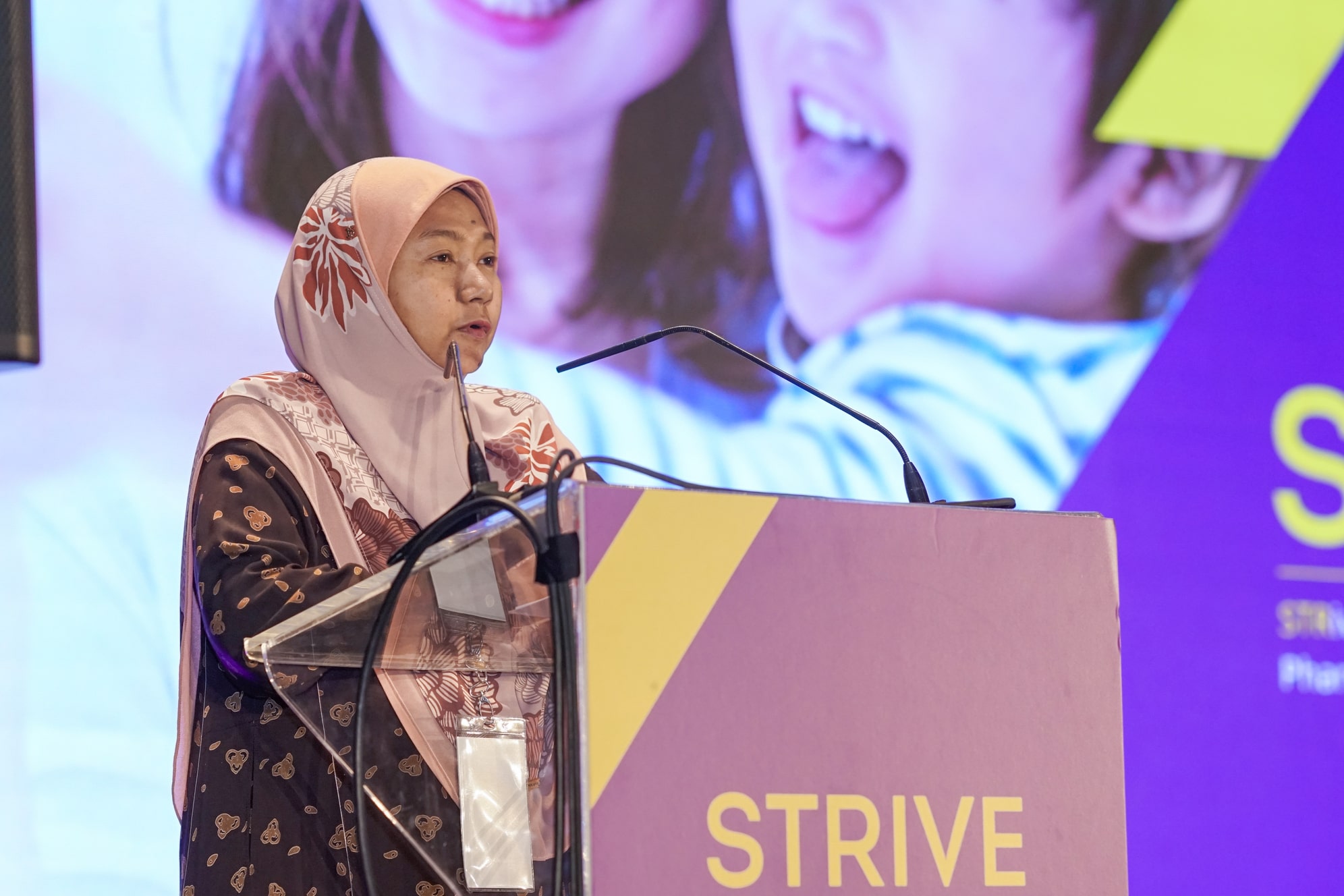PETALING JAYA, Oct 20 — Pool procurement of drugs enabled about RM79.6 million in savings for the government from 2020 to 2022, revealed a Ministry of Health (MOH) official.
Norhaliza A. Halim, senior director of MOH’s pharmaceutical services programme, said MOH’s collaboration with the Ministry of Higher Education (MOHE) and the Ministry of Defence (Mindef) allowed pool procurement between the MOH, six teaching hospitals, and a military hospital to collectively purchase, as a single buyer, 82 pharmaceutical products worth approximately RM1 billion across the past three years.
“Inter-ministerial, we already started the effort since 2018 – the pool procurement between the Ministry of Health, Ministry of Higher Education that involved the six universities, and the hospital with the Ministry of Defence,” Norhaliza told the STRiving for Innovation, Value and Excellence in Pharmaceutical Procurement in Emerging Markets Symposium here last March 16.
“We started the actual procurement between 2020 to 2022. We already purchased about RM1 billion value of drugs, involving 82 items, in the procurement initiative. And then we managed to get savings of around 17.7 per cent. There is a total of savings of around RM79.6 million. That is our effort so far that is between ministries.”
Norhaliza, who intends to capitalise on the success of the pool procurement method, said that Malaysia hopes to initiate a similar effort at the regional level in Asean as soon as this May.
“During the pandemic, we also saw some examples of value creation in medical procurement. For instance, some countries had a centralised procurement approach — pooling their resources to negotiate better prices for critical medical supplies,” she said.
“Between countries, we are trying to initiate the Asean pool procurement that is coming soon, maybe in May. We’re having a meeting at the Asean level.”
A paper titled “Cross-border Collaboration to Improve Access to Medicine: Association of Southeast Asian Nations Perspective” published in the June 2019 edition of the Journal of Epidemiology and Global Health advocated for a cross-border collaborative approach towards medicine procurement.
Its authors held that the high population and the close geographical proximity of member countries, and expanding global opportunities in pharmaceutical trade afford Asean good leverage to implement cross-border collaboration, improve access to medication, and contain pharmaceutical expenditure.
The World Health Organization (WHO) estimates that 30 per cent of the global population, predominantly those living in low-income countries, are deprived of regular access to essential medication.
Though intended as a means of gaining better prices, Norhaliza held that the collaboration between ASEAN nations would also function as a fail-safe, in case another pandemic hits the world.
In July last year, private clinics, pharmacies, and hospitals in Malaysia faced shortages of drug supplies, forcing the MOH to dip into its federal medicine stockpile for loan to private health care facilities.
Then-Health Minister Khairy Jamaluddin attributed the drug shortage to the lockdown in China, disruptions in the global pharmaceutical supply chain, and increased demand from rising cases of common conditions.
Norhaliza noted that during the Covid-19 pandemic, certain countries stopped exports to Malaysia when they closed their borders.
“We have to do some proposals at an international level – some sort of agreement inter-country so that we don’t face anything like that in the future.
“Even though we try to sustain our local manufacturer, sometimes the APIs (active pharmaceutical ingredients) and raw materials are also imported. This very much affected us during the pandemic,” said Norhaliza.
Although drug shortages hit Malaysia mid-2022, Norhaliza held that Malaysia’s “agile”, “adaptable”, and “robust” drug procurement process allowed the MOH to quickly pivot to accommodate and meet the demands of the pandemic.
The MOH was able to persuade the Ministry of Finance (MOF) to shorten the procurement process via emergency procurement, allowing MOH to send orders for medication within two to three days.
“In 2021, we managed a lot of emergency procurement at the headquarters. A lot of things we had asked for as exemptions from the Ministry of Finance to cut short the process of procurement and then, we managed to handle within a short period of time,” said Norhaliza.
“For example, the so-called perolehan darurat (emergency procurement) – we took only two or three working days to issue the letter to confirm to order with the supplier, so they have ample time to order them. This is very important.”
Additionally, MOH reviewed its drug registration process and managed to register 17 types of Covid vaccines, as well as nine antiviral and other pandemic-related drugs, said Norhaliza.
Norhaliza stated that Malaysia needs to review and assess areas for improvement related to drug procurement and health security.
“We have a robust procurement process in place, one that is agile, adaptable, and able to respond quickly to the changing circumstances,” she said.
She noted, however, that Malaysia slipped to 27th rank in the 2021 edition of the Global Health Security Index from 18th of 195 countries globally, and third in Asia, in 2019 in overall preparedness to face an infectious disease outbreak or pandemic.
“A lot of areas – we have to really look back on how to improve institutions,” Norhaliza said.
“For example, among the areas that they’re ranking us is on the issue of prevention, detection and reporting, rapid response, the health system compliance with international norms, and the risk environment. A lot of things – we are status quo or slightly improved, but on prevention, the rank is slightly low in 2021 compared to 2019.
“And then the health system, we have to look at how the Ministry of Health [does] the question and answer because certain areas on communication within health care workers, I think maybe the answer is not strategically provided according to the question.
“We have to look back internally and hopefully we can improve our preparedness.”
Correction note: The story was corrected to state that savings made from pool procurement amounted to RM79.6 million, not RM79.6 billion as initially reported.









